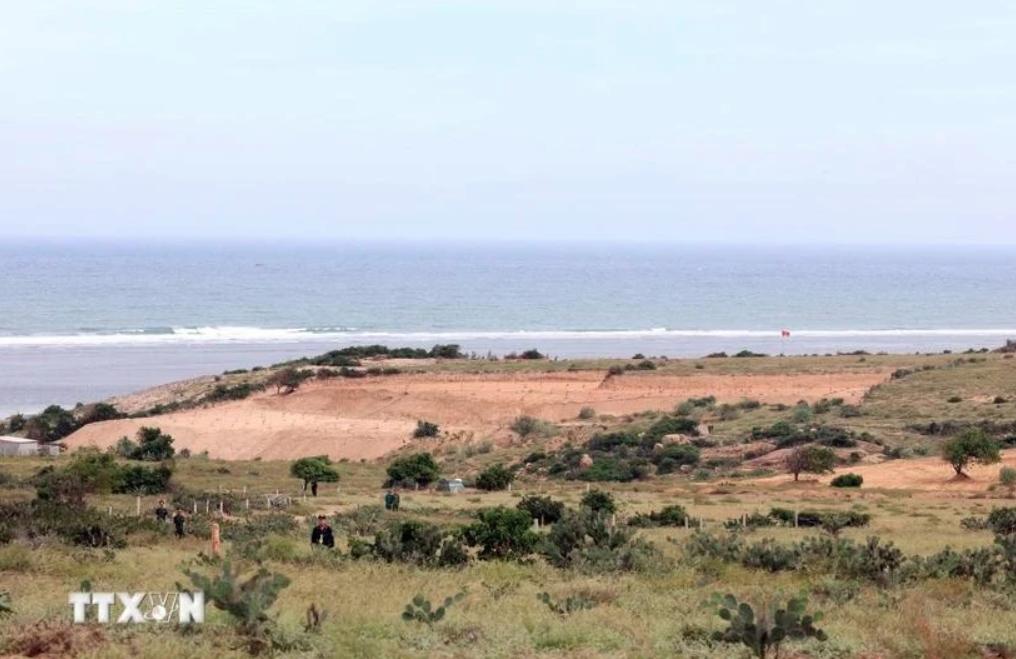Small nuclear reactors could power Vietnam’s net-zero future: experts
Two Vietnamese professors who are working in the US have offered insights into the potential and challenges of nuclear power development in Vietnam, recommending an approach centred on small-scale nuclear reactors as drawn from international practices.

In a recent interview with the Vietnam News Agency, Prof. Dr. Le Van Hoa from the University of Chicago Medicine and Prof. Dr. Le Trong Thuy from San Jose State University highlighted the significance of nuclear power in ensuring energy security, meeting socioeconomic development goals, and developing the nation sustainably.
The two experts, who have given advice on the Ninh Thuan Nuclear Power Project since 2011, assessed nuclear power as the future of clean energy sector. Given Vietnam’s narrow geographic profile and long coastline, they suggested the country develop small nuclear power facilities along the coastal regions. Large-scale projects with thousands of megawatt capacities are too costly and require significant time to complete.
Referring to the US development of compact five-megawatt reactors capable of powering some 3,000 homes as an example, Hoa and Thuy said that similar facilities could serve around 5,000 households in Vietnam.
Due attention should be paid to the rational selection of power transmission infrastructure and identification of target communities and regions for nuclear power development, they said, underscoring the importance to penning tsunami mitigation plans when developing the Ninh Thuan nuclear power project.
Thuy, who has participated in designing five nuclear reactors in the US, said that nuclear power plant can operate at a 93-95% capacity, which means they could generate electricity for up to 350 days annually, far surpassing the operational capacity of gas, wind, and solar energy sources.
According to Hoa, initial investment in nuclear power could be big-budget but the long-term operational costs are remarkably low. Beyond electricity generation, nuclear energy could be capitalised on in such areas as agriculture, health care and desalination. In the US, a nuclear power plant could generate around US$60 billion in economic benefit throughout its lifecycle.
The two specialists said it is time for Vietnam to jump on to the global bandwagon of nuclear power development as the clean electricity will help the country to deliver on its dual goals - driving economic growth and meeting its net-zero emissions target.


